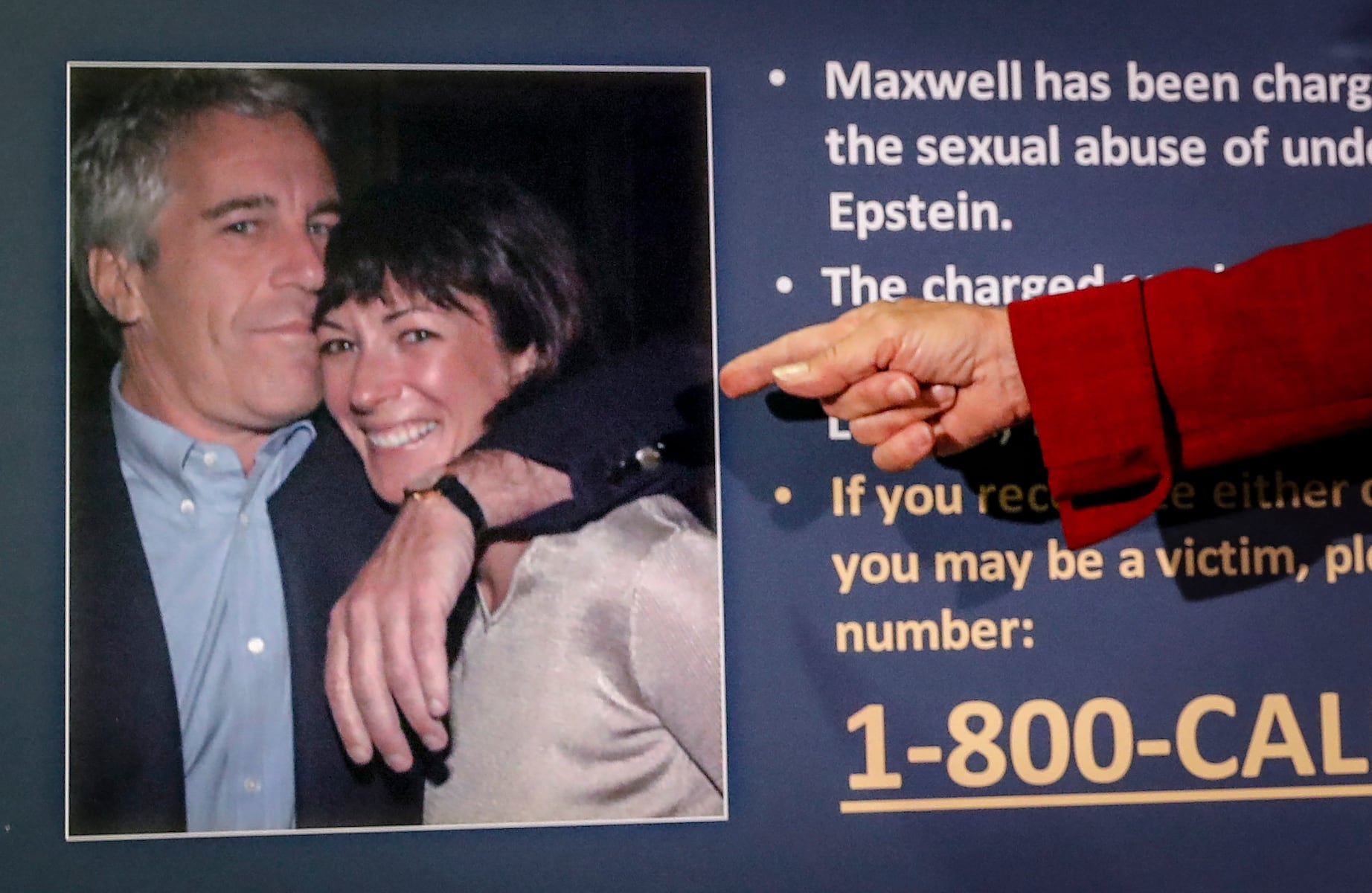The clamor for unsealing Jeffrey Epstein grand jury transcripts, while seemingly a step towards transparency, is deftly highlighted by legal experts as a calculated diversion. Attorney Sarah Krissoff, a former assistant U.S. attorney, views the Justice Department’s public demand as a strategic maneuver, designed to draw attention away from deeper, more uncomfortable truths surrounding the infamous case.
This call for transparency, championed by figures within the Trump administration, has been critiqued as little more than political theater. It suggests a superficial engagement with justice, rather than a genuine pursuit of accountability for the heinous crimes committed. The focus on sealed documents risks overshadowing the systemic failures that enabled Epstein’s activities and his controversial escape from significant prison time.
The true scandal, many argue, lies not in the sealed documents but in the lenient treatment afforded to Jeffrey Epstein in the past. This includes the infamous plea deal brokered by then-U.S. Attorney for the Southern District of Florida, Alex Acosta, a deal that allowed the convicted sex trafficker to avoid federal prosecution and serve a remarkably brief sentence.
Details of Acosta’s deal reveal an extraordinary arrangement: Epstein served a mere 13 months of an 18-month sentence in a private wing of a county jail. Even more egregious, he was permitted to leave the jail for 12 hours a day, six days a week, to work from his private Palm Beach office. Such an agreement raises serious questions about the influence and privilege at play within the justice system.
The victims of Epstein and Ghislaine Maxwell, some as young as 13, were often vulnerable foster children, runaways, or those from impoverished backgrounds. Lured by false promises of easy money, they were subjected to unspeakable horrors. Their exploitation stands in stark contrast to the luxurious freedom granted to their abuser, underscoring a profound imbalance in how justice was applied.
The appointment of Acosta as United States Secretary of Labor by President Trump, after his involvement in the lenient plea deal, further complicates the narrative. Despite the controversy surrounding his handling of the Epstein case, Acosta held a high-ranking position within the Trump administration from 2017 to 2019, sparking outrage and calls for greater accountability.
Ultimately, the ongoing public discourse surrounding the Jeffrey Epstein case serves as a critical examination of the mechanisms of power and justice. Beyond the sensationalism of unsealed records, the core issues remain: how such a powerful figure could evade robust prosecution, the implications of a flawed grand jury process, and the profound impact on his victims. The demand for transparency should extend beyond documents to the entire system that facilitated his crimes and minimized his punishment.






Leave a Reply